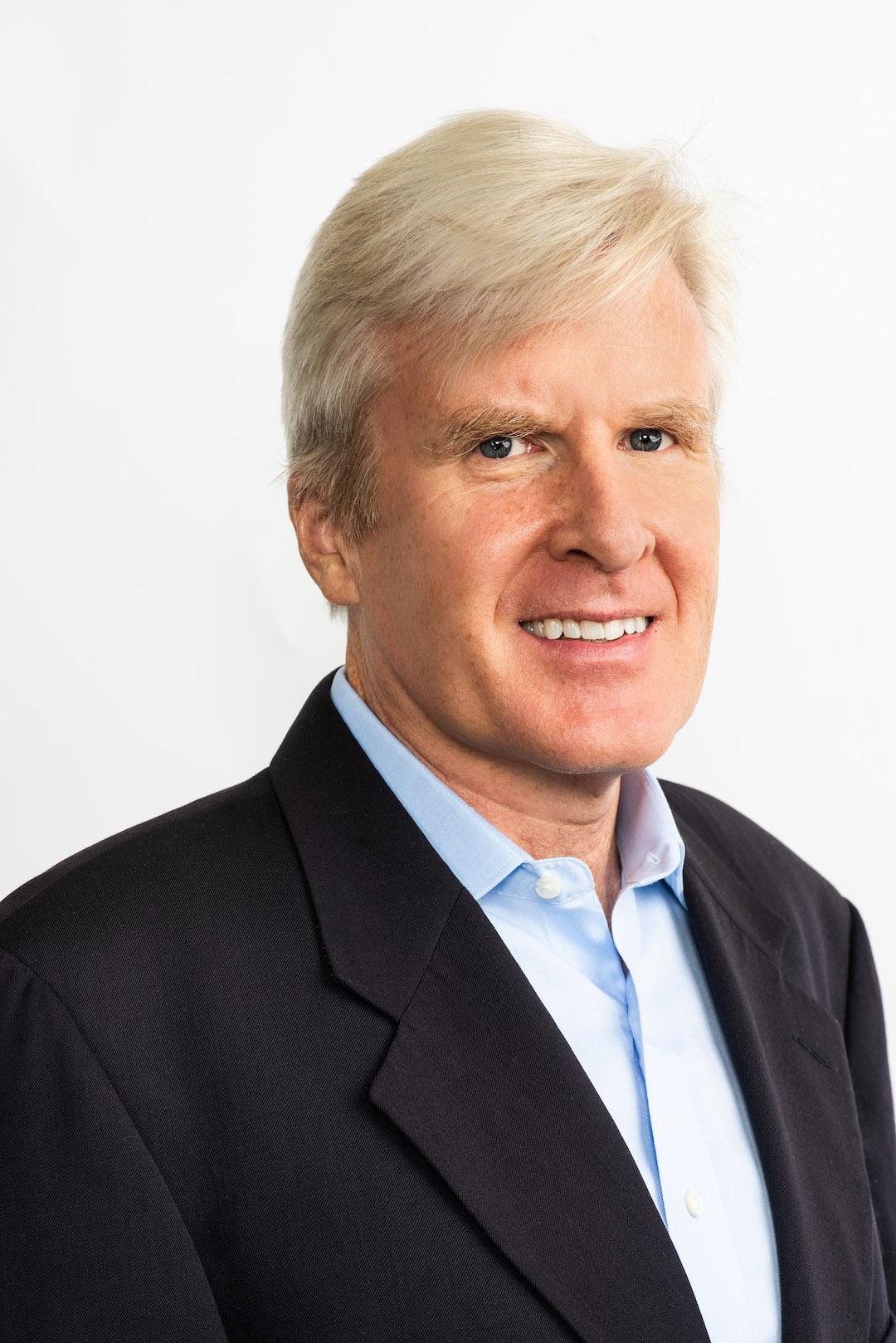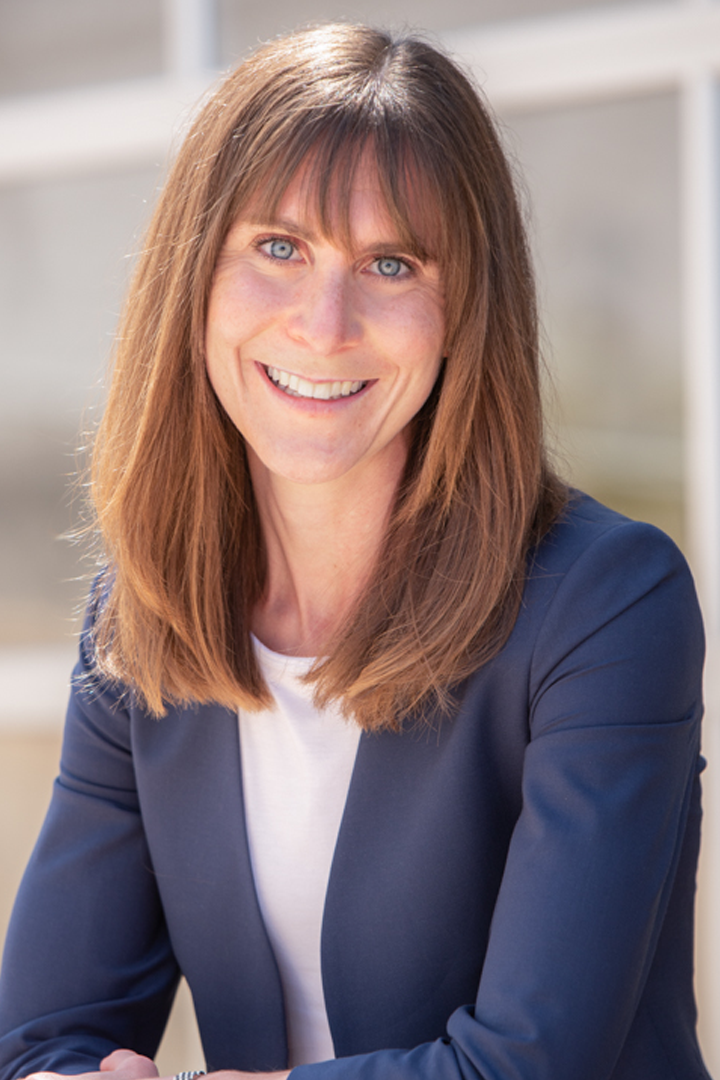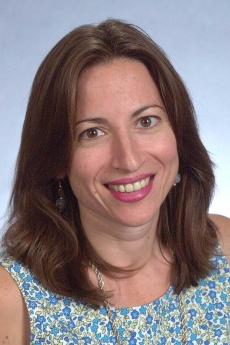GW Law proudly unveils its groundbreaking Center for Law and Technology, a beacon of innovation poised to revolutionize students' academic journeys. It encompasses two vital areas of academic focus: Intellectual Property (IP) Law and Privacy and Technology (PT) Law.
The IP program at GW Law has a storied history, dating back over a century, and consistently ranks among the nation's foremost law school IP programs.
In 2023, GW Law introduced the PT Program to delve into the legal and sociocultural ramifications of privacy, data security, AI, and digital technologies. GW Law faculty members have been at the forefront of PT issues for decades including, Professor Daniel Solove, the most cited legal scholar in privacy law. This program enhances their commitment to these crucial topics. In addition, GW Law recently added three new full-time faculty members in the area of PT law. Mary Anne Franks (platform governance, CDA Section 230, online harassment); Alicia Solow-Niederman (artificial intelligence, disruptive technologies, privacy); and Jonathan Cedarbaum (cybersecurity).
The Center’s Leadership, Faculty and Mission
The Directors of the Center – Professor Robert Brauneis, Professor Daniel Solove, and Associate Dean John Whealan – bring their long experience in IP, privacy, and technology law to the leadership of this new project. They are joined by an outstanding roster of affiliated faculty, including Michael Abramowicz, Arturo Carrillo, Jonathan Cedarbaum, Lolita Darden, Laura Dickinson, Mary Anne Franks, Aram Gavoor, Scott Kieff, Heidi Liu, Alicia Solow-Niederman, Dawn Nunziato, Spencer Overton, Sarah Polcz, Lisa Schenck, Sonia Suter, and Kate Weisburd.
The Center has also been able to assemble an impressive adjunct faculty, drawing on a unique community of legal talent in the Nation’s capital, including several current and former government officials.
The new Center for Law and Technology serves as a hub for thought leadership, facilitating interdisciplinary scholarship, promoting international discourse, and forging connections between academics and practitioners. In addition to offering a plethora of courses and concentrations, both the IP and PT programs provide opportunities for fellowships, publications, events, and valuable career resources.
"The GW Center for Law and Technology puts GW Law at the forefront of these important areas of law."
Daniel Justin Solove
Eugene L. and Barbara A. Bernard Professor of Intellectual Property and Technology Law
“The GW Center for Law and Technology puts GW Law at the forefront of these important areas of law,” Solove declares. “We have long had one of the very top IP programs, and now we’re building out the privacy and technology side. We have hired several new faculty members, added many courses, and are working on a long list of other great additions to our new Center. Our goal is for students to have an unparalleled educational experience here – a broad and deep curriculum, events, scholarships, internships, fellowships, and other opportunities.”
“GW Law has been a leader in intellectual property and technology law since 1895,” said Dean Dayna Bowen Matthew, the Harold H. Greene Professor of Law. “We’re ranked in the top five consistently among all 200 law schools offering intellectual property and technology courses. Now, we're going to expand that expertise by incorporating privacy and technology law with a powerhouse faculty. No place in the country will be able to rival our depth of expertise.”
Brauneis added, “Intellectual property is an area that has always focused on new technologies, whether those advances are improvements on prior art or new methods of fixation and dissemination of works of authorship. Now IP law faces a whole new set of challenges from artificial intelligence and from ubiquitous information gathering and networking. The GW Center for Law and Technology has been created to face those challenges head-on, and I am thrilled to work with my colleagues here at GW Law to do just that.”
"The GW Center for Law and Technology has been created to face those challenges head-on, and I am thrilled to work with my colleagues here at GW Law to do just that."
Robert Brauneis
Michael J. McKeon Professor of Intellectual Property Law; Co-Director of the Intellectual Property Law Program; Co-Director of the Dean Dinwoodey Center for Intellectual Property Studies; Member, Managing Board, Munich Intellectual Property Law Center
Great Benefits for Students
For those looking to embark on a career in these domains, the IP and PT Programs offer internships, clerkships, and employment opportunities to its students. Students can engage in moot court competitions, such as the Rothwell IP Law Moot Court Competition and the Saul Lefkowitz Moot Court Competition in trademarks and unfair competition. Additionally, there are career fairs and networking events like the IP Networking Fair.
The Center for Law and Technology is dedicated to preparing students for careers in the ever-evolving fields of IP and PT law. The new PT Program recently launched a JD Concentration in Privacy, Data Security, and Technology Law. Students who take up to 12 credits in related courses and internships, as well as write a paper on related issues, will receive a special designation on their transcript.
Job opportunities in privacy, cybersecurity, and technology law have grown tremendously and are now abundant. Essentially every major general practice law firm in the country now has a separate practice group in this area. In addition, many of the IP-dedicated firms are similarly adding such a group, and there are several prominent boutique law firms specializing in this area of law. Most large companies have teams of privacy, cybersecurity, and technology lawyers, and large tech companies have several hundred.
Student interest in privacy, technology, cybersecurity, and AI is rising dramatically. Professor Solove notes that he used to teach just one privacy law class an academic year with about 40-50 students. Last year, he taught two privacy law classes with a total of 150 students. Now, he is teaching three privacy law-related classes a year. “The JD concentration will make our students stand out,” Professor Solove says. “They will have a deep knowledge about some very complicated areas of law, and they can hit the ground running wherever they go to work.”
A Rare, Deep, and Comprehensive Education in IP Law and Privacy and Technology Law
GW Law has long been a pioneer in IP law, with one of the very first programs, and it continues to have a rich curriculum in every corner of that area. With the new Center, GW Law is building upon its extensive IP program to add a PT program. Only a handful of law schools have similar centers, and most law schools lack faculty who focus on privacy and technology issues and do not even have a course in privacy law. By contrast, the Center has several privacy and technology faculty and offers a rich selection of courses.
The Center for Law and Technology hopes to foster a robust community, providing students with an outstanding education in the areas of Intellectual Property, Privacy and Technology Law, as well as ample career support and leadership opportunities.
GW Center for Law and Technology faculty members include:























